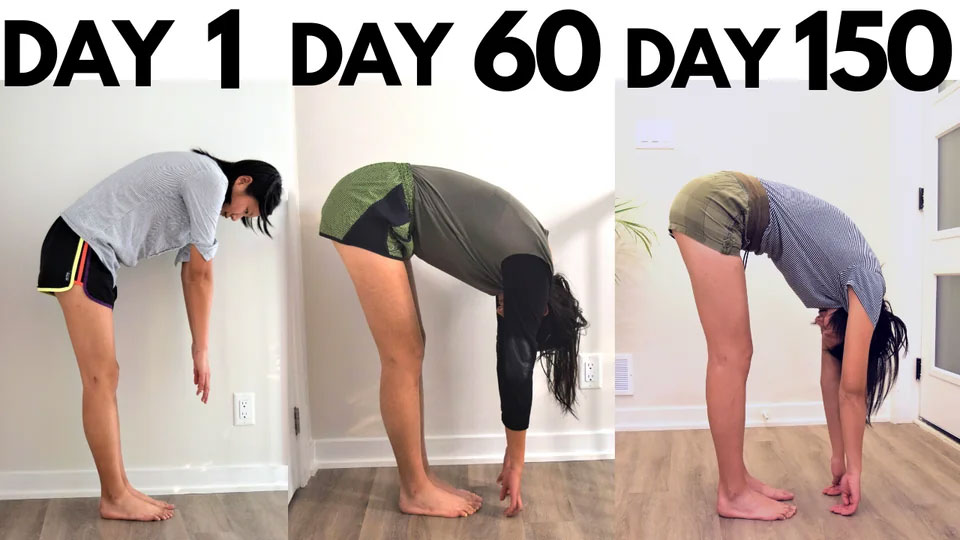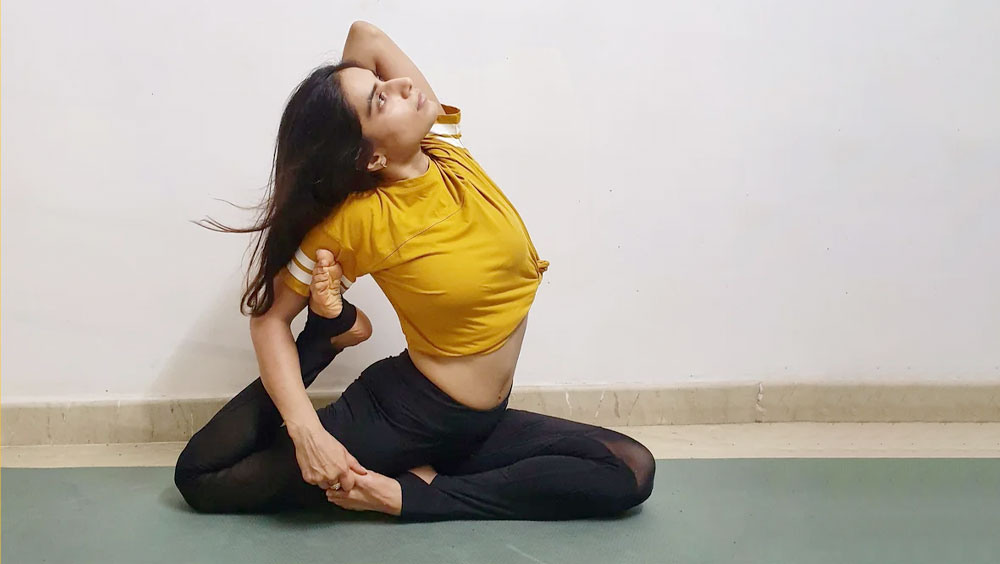Complex yoga poses look like a contortionist act. Health websites recommend yoga, but you feel like you don't have time to learn all the twists and turns. Besides, you don't need to learn yoga for spiritual or meditative reasons.
Yoga isn't necessarily tied to any spiritual practice. Anyone can learn yoga, and the basic poses take only minutes to learn. Adding this exercise to your routine improves your mental and physical health in several ways.
Increase Your Physical Strength

Every yoga pose improves your flexibility, including the simple ones. More flexibility improves your posture, which allows you to stand up straight without back or neck pain. You can exercise for longer periods and recover from injuries more quickly. Yoga also improves your balance, reducing the risk of falls.
Stretching your muscles builds strength so that you can walk long distances, carry heavy loads and shed excess weight. You'll reduce chronic pain and your risk of developing certain conditions, such as arthritis. Plus, you'll maintain the muscle mass that usually decreases as you age.
Improve Your Mental Health

Practicing yoga forces you to focus on physical sensations, such as stretching your muscles and holding poses for several minutes. This distracts your mind from stress. Afterward, your troubles seem less significant. You might even come up with a solution now that you've cleared your mind.
Yoga can also relieve insomnia by draining energy in a healthy way before you go to bed. When you wake up, your daily exercises ease stiffness and soreness, giving you a more positive outlook for the day. Take a midday break to practice your poses and eliminate built-up stress and anxiety.
If you're new to yoga, look up online tutorials so that you can start with basic stretches.


